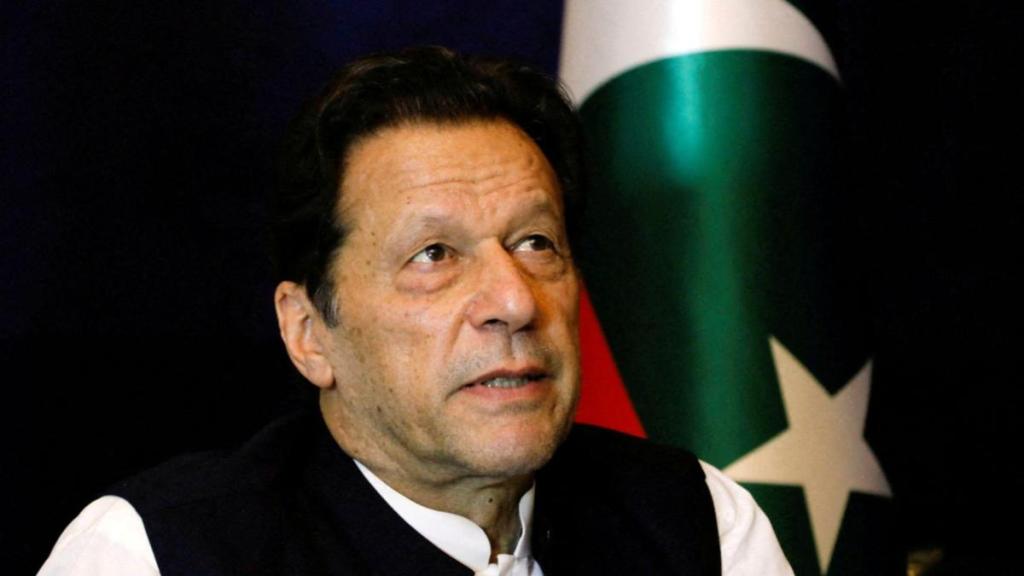There is a regime change in Pakistan after the national and provincial elections were conducted under dramatic circumstances of mobile and internet services being suspended on voting day. Amidst concerns that the process was less than free and fair, the long-delayed results have so far indicated that none of the parties, notably the Pakistan Tehreek-e-Insaf-backed Independents, Pakistan Muslim League (Nawaz), and Pakistan People’s Party has the numbers to stake a claim, triggering a game of thrones. In the national assembly, 266 candidates are elected through direct voting with 70 being reserved for women and religious minorities.
A simple majority of 133 is all that is needed to form the government. The big surprise of the verdict was that the PTI-backed Independents garnered the largest number of declared candidates to the national assembly despite its supremo and former Prime Minister Imran Khan being imprisoned and barred from contesting; the top leadership being decimated by the military establishment; and the election commission deciding to relieve the party of its election symbol. PTI plans to form the federal government, as well as governments in Punjab and Khyber Pakhtunkhwa.
For such reasons, if the new regime is not representative of the will of the citizenry who have spoken through the ballot, political and economic instability will stalk the nation. The government, of course, will be determined by the all-powerful army that wields the real power in the system. There is a sense of déjà-vu in Pakistani politics as the army’s favoured candidate now is three-time PM Nawaz Sharif, who has also claimed victory as the single-largest party and has begun talks with PPP to form a coalition government.
The opposite was true at the last national elections in July 2018 when it was Sharif who faced the military’s disfavour and was barred from politics for life, with Khan anointed as PM. The point is that the army’s favoured heads of government end up reading from a different script time after time, as happened in the case of Khan and may happen again. This lends a fundamental instability to the polity. Pakistan’s army chief General Asim Munir has urged politicians to show “maturity and unity” as the elections failed to produce a clear winner. The best guarantee of that is to respect vox populi.
The new administration’s immediate priority will be to address the festering economic crisis that brought the country to the doors of the IMF for a bailout. Pakistan averted a sovereign default last summer through a $3 billion nine-month loan by the Fund. A new extended programme has to be negotiated. that entails implementing politically difficult loan conditions such as raising energy tariffs, higher interest rates and a market-based exchange rate when the urgent need is to support overall economic growth. Dealing with the worst floods in recent memory, Pakistan’s economy is expected to grow at only 1.7% in 2023-24 (July-June) after registering negative growth of 0.6% in the previous fiscal. As this is below the rate of population growth, this implies negative per capita income growth and worsening poverty. Inflation rages at 30% and there is rising joblessness. Pakistan needs the Fund’s imprimatur to access external financing to meet its massive debt repayment burdens. All of this needs a truly representative government to address these economic imperatives. Democratic regimes in an army uniform are only a recipe for renewed instability. That’s not good news for India.


